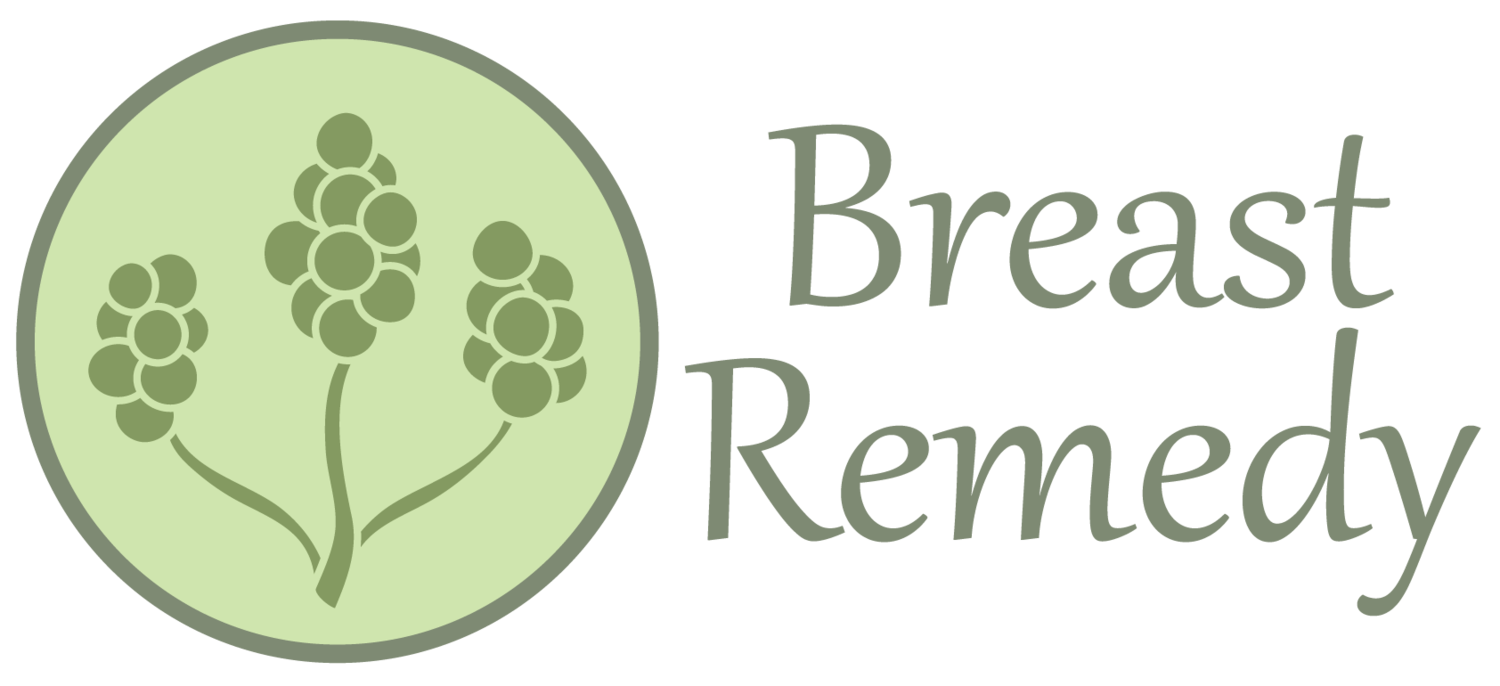This article was originally published in February 2016 for the New School of Bodywork. I feel it is especially relevant to consider during Pinktober and have updated the stats. ~ Aubrey+
I recently attended an amazing mentorship class with Char Sundust. During the class we watched a lecture by Edward Tick, PhD. His work focuses on healing veterans with PTSD. During this talk I was overwhelmed by the tragedy of the mistreatment given to our veterans, once they return from service. Edward’s work is inspirational and has informed PTSD treatment in all arenas, across the globe. His lecture made me consider my clients recovering from medical trauma in a new light.
What is medical trauma? An injury sustained from medical treatment. It could be due to accident or negligence, but it is often an intended outcome of the proper course of treatment. I think of some of my cancer clients going through chemotherapy and radiation as a purposeful medical trauma. They are simply doing their duty to "beat" the cancer, no matter the cost. Sometimes the treatment is straight forward, with minimal tissue casualties. Sometimes the mind and the body are wounded beyond repair and patients have difficulties recovering from the pain and anxiety.
Watching this PTSD lecture, it suddenly and profoundly hit me that all the words that were being used in the lecture to discuss veterans and warfare were also the jargon of cancer treatment. The cells are “targets.” The patients are “survivors” who are “fighting” cancer. The doctors are producing natural “killer” cells. But if we are fighting a “War on Cancer” where is the battleground? Who are the soldiers?
The PATIENTS are the battleground. The CARE GIVERS are the soldiers.
When fighting a war, there will be destruction, there will be wounded, and there will be the subsequent nightmares of those who survive. How are we taking care of our veterans from this War on Cancer? We aren’t. There is virtually no rehabilitation for cancer patients, family members, or medical practitioners after the battle is over. Yes, there is frequent screening after someone goes into remission from cancer, but where is the recovery from injuries sustained in service? It seems patients are left with a hearty “you’re lucky to be alive!” and sent home to be grateful.
And what about the ones that don’t make it? One-third (32%) of cancer patients in the United States don’t live more than five years after their diagnosis. (NIH Cancer Fact Sheet) According to the American Society of Clinical Oncology, it is estimated that 42,260 deaths will occur this year from breast cancer alone.
Our soldiers in this “fight”, the nurses and doctors at our cancer hospitals, will lose one in three of their battles. What do you think morale is like in the barracks with those odds? It takes incredible dedication to inflict pain on people over and over again as your occupation, and still keep your heart in the game. Many health care practitioners disassociate and distance themselves from the experience to save their spirits. You know who they are as soon as they walk into your exam room.
If we thought for a moment about the sorrow of all those losses and casualties that led this person to becoming that “jerk doctor” or “rude nurse”, we’d likely thank them for their service….
What about the families of the survivors? They are left to fend for themselves, rebuilding and searching for reparations that will likely never come. But now their loved ones are missing limbs, or organs and can’t do everything they could before. Insurance benefits have been “maxed” and the medical bills are piling up on the kitchen table. Family leave and all the vacations days have been used up at work, as well as the tolerance for any more absenteeism. No “R & R” happening there.
But support is available! Enter massage: the USO of the health care services. All of these fighters need healing touch once they return from war. Backs are sore from laying on gurneys, necks are tight from bending over patients, heads are aching from the worry and sleepless nights. Massage is a way to honor the struggles our bodies have been through, while rehabilitating in a supportive environment.
During "Pinktober" consider supporting organizations that help patients get the services they need, over donating to Big Pharma research dollars. The National Breast Cancer Foundation is one of those places. If you want to really think outside the box, donate to teachers that are promoting breast cancer prevention with healthy lifestyle choices, such as MammAlive.
If you are like me and prefer to think about the 88% of women who will NOT get breast cancer this year, please follow my Breast Remedy Facebook page for alternative ideas on creating your own Breast Health Awareness Month (#BHAM).

